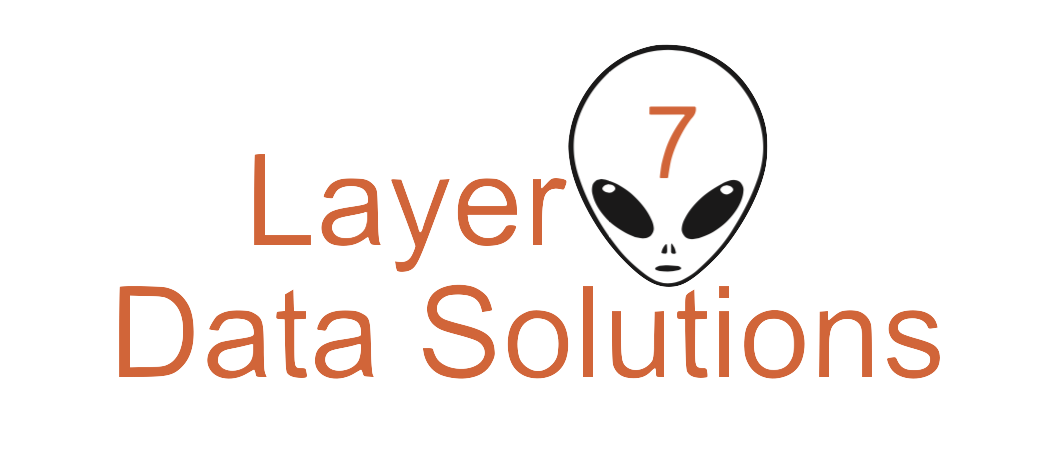All of your SSL needs in one place.
A Single Website
Secure a single domain to
protect visitor data and boost
Google search ranking.
All of your SSL needs in one place.
Multiple Websites
Secure up to 100 domains,
subdomains or I.P addresses
using the same certificate.
All of your SSL needs in one place.
Multiple Subdomains
Secure an unlimited
amount of subdomains
on a single domain.
Privacy & Security = Trust
GlobalSign's SSL Certificates offer the strongest encryption and value-add features to
ensure your website is protected and meets the demands of today's modern sites.
Customers and visitors to your site will know that their browsing session is safe, and
that payment details and personal information is kept secure and encrypted.







View All Certificates
What is an SSL Certificate?
SSL Certificates are small data files that digitally bind a cryptographic key to an organization's details. When installed on a web server, it activates the padlock and the https protocol (over port 443) and allows secure connections from a web server to a browser.
Why do I need an SSL Certificate?
SSL Certificates are an essential part of the internet. They not only encrypt communication between your computer and the server where a website is located, but they also provide verification that a site is what it claims to be. This helps users avoid phishing sites which may look very similar to a real site, but are set up to steal personal information.
What are the different types of SSL?
There are generally 3 different levels of vetting that most all SSL Certificates are build on. DV (Domain Validated), OV (Organization Validated), and EV (Extended Validation). The major difference in these certificates revolves around what information the Certificate Authority, GlobalSign, confirms in order to issue a certificate. Then different information is displayed in the certificate and browser bar. EV for example turns the browser bar green and displays organization information right in the browser bar.
FAQ's
DomainSSL
DomainSSL offers you an economical and quick and easy to implement option for securing your website without having to sacrifice any of the value-add features that make GlobalSign SSL unique.
OrganizationSSL
OrganizationSSL is an organization validated certificate that gives your website a step up in credibility over domain validated SSL Certificates. OrganizationSSL activates the browser padlock and https, shows your corporate identity, and assures your customers that you take security very seriously.
ExtendedSSL
ExtendedSSL lends more credibility to your website compared to using an organization or domain validated SSL Certificate. In addition to displaying prominent security indicators, such as turning the browser address bar green and displaying your organization’s name, ExtendedSSL has a number of unique value-add features
Wildcard SSL
A Wildcard SSL Certificate is issued to *.yourdomain.com, allowing the certificate to be used on an unlimited number of subdomains and across an unlimited number of servers. The one-time cost of the certificate covers you for additional subdomains or servers you may add in the future.
Multi-Domain
Multi-domain also referred commonly as SAN Certificates utilize Subject Alternative Names (SANs) to to secure up to 100 different domain names, subdomains, and public IP addresses using only one SSL Certificate and requiring only one IP to host the Certificate.




